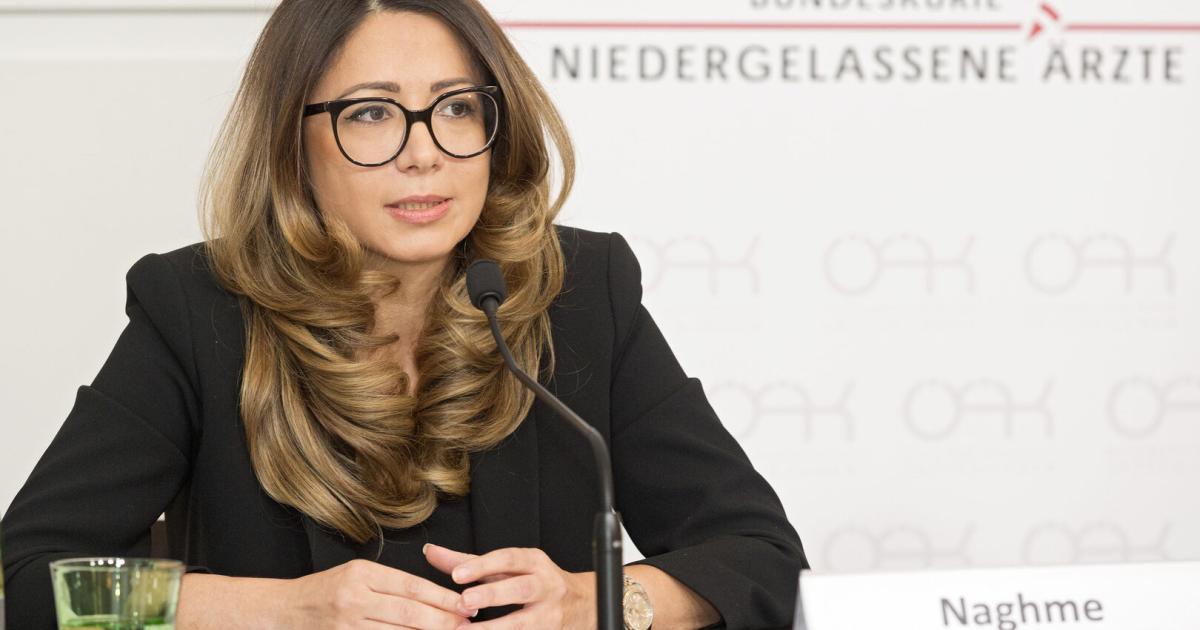Paris is under pressure to explain to Brussels how it intends to reduce its mountain of debt. But Prime Minister Barnier’s future government already has problems with the current budget.
France’s new Prime Minister Michel Barnier during an interview with the television channel TF 1 last Friday.
Ludovic Marin / EPA / Keystone
Just five days after his appointment as the new French Prime Minister, Michel Barnier is running out of time. The former EU Commissioner and Brexit chief negotiator will definitely not be able to keep an important appointment in Brussels: by September 20, his government was supposed to explain to the European Commission how France intends to reduce its enormous mountain of debt.
With more than 3,100 billion euros in debt, Europe’s second-largest economy is deeply in debt to banks and investors. According to the French Finance Ministry, the deficit could rise from 5.1 to 5.6 percent of gross domestic product this year – that is far from the thresholds of the Stability and Growth Pact, which requires EU states to keep their deficits below 3 percent. In mid-June, the Commission therefore initiated infringement proceedings against France (and six other member states).
Delay for Paris
But not least because Barnier is well connected and respected in Brussels, the new prime minister will probably not have had to beg for long to get a reprieve for his country. France will submit its proposals for cutting public spending later and will probably also be given more time to reduce its debt. According to Brussels’ guidelines, it only has to prove that it is investing in “growth-promoting reforms” and “strategic sectors”.
It is therefore another deadline that is causing Barnier more headaches: in just three weeks, on October 1, his government must present a draft budget for the coming year to the Assemblée nationale. However, the conservative Gaullist is only at the very beginning of forming his cabinet, and it is a mystery how he intends to get an austerity budget through a parliament in which the majority of MPs have little desire for savings.
Barnier is expected to form a minority government made up of centrist parties and his own party, the conservative Republicans. The left-wing alliance Nouveau Front populaire (NFP) continues to feel cheated of its election victory and wants to topple Barnier with a vote of no confidence. The prime minister will therefore probably be tolerated by the right-wing nationalist Rassemblement national (RN). However, both the extreme left and the extreme right have repeatedly spoken out against spending cuts in the past.
During the election campaign, Marine Le Pen’s party campaigned strongly against President Emmanuel Macron’s pension plans, which envisage raising the minimum retirement age from 62 to 64. The RN also agreed with the left on the demand to reduce VAT on gas, heating oil and fuels. Le Pen also wants to invest heavily in security, in more police and border protection.
Bruno Le Maire, the outgoing Minister of Economy, urged Barnier at a hearing before the Finance Committee in Parliament to cut public spending in order to save at least 100 billion euros by 2028 and thus meet European obligations. As another source of revenue, Le Maire proposed taxing so-called “excess profits” of large energy companies and share buybacks. At the same time, he warned against taxing the richest ten percent of the population more heavily or reintroducing the wealth tax abolished by Macron, as the NFP is demanding.
Want a French Shutdown?
Will Barnier still find partners for a policy of fiscal reason? In his first interview after his appointment, the Prime Minister made no attempt to sugarcoat the situation. The French can expect him to tell the truth, he said, and the truth includes that the debt “weighs heavily on the shoulders of our children.” In any case, there will be no increase in the national deficit under him. Barnier had already supported Macron’s hard-fought pension reform during the 2022 presidential election campaign. But he now indicated in the interview that he was prepared to make “moderate adjustments.”
It is questionable whether this will be enough to curb the anger of the left. French unions have already called for new protests. At the same time, the Rassemblement national has also made it clear that it is by no means giving Barnier a blank check. The new prime minister is “under observation,” said RN leader Jordan Bardella, “without us nothing will happen.”
If no agreement is reached in the budget dispute, France could, in the worst case, face a standstill in government affairs, a shutdown like the one seen in the USA. The President of the Court of Auditors, the socialist Pierre Moscovici, warned of this in an interview with “Le Parisien” at the weekend. The next budget is undoubtedly the “most delicate in the history of the Fifth Republic”.


